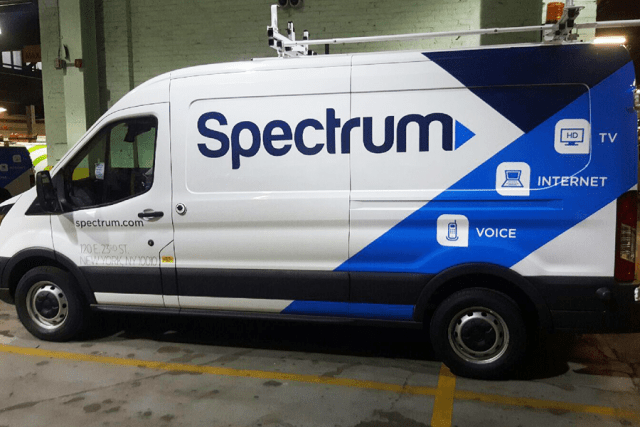 Charter Communications today launched gigabit broadband upgrades across dozens of U.S. cities, including almost all of upstate New York (excluding Buffalo) and large parts of Texas, Ohio, California, and Virginia.
Charter Communications today launched gigabit broadband upgrades across dozens of U.S. cities, including almost all of upstate New York (excluding Buffalo) and large parts of Texas, Ohio, California, and Virginia.
With the latest upgrades, customers in these cities are also getting speed bumps for Spectrum’s Internet Ultra package, which will now offer speeds of 400/20 Mbps. Customers can visit Spectrum.com to review their local speed options. Upgrades to the Ultra tier usually carry no service charges, but moving to gigabit speed will come at a cost — a mandatory $199 installation fee, with a service call required.
Some customers may need to swap out or replace their existing cable modems to take full advantage of 400+ Mbps speeds. A list of modems authorized for use on Spectrum’s network along with the speeds they support can be found here.
In other cities where Charter has already launched gigabit service, customers with Standard 100 Mbps internet plans also received a free upgrade to 200/10 Mbps, but readers report that speed upgrade has not yet taken place in areas launching gigabit service today:
- Arizona: Yuma
- California: Los Angeles, Palm Springs, San Diego, El Centro
- Kentucky: Louisville, Bowling Green, and Paducah
- Massachusetts: Boston (Suburbs)
- Nebraska: Lincoln, Omaha
- New York: Binghamton, Albany, Syracuse, Rochester, Elmira/Corning, Utica, and Watertown
- North Carolina: Greensboro, Wilmington, and Greenville
- Ohio: Dayton, Cincinnati, Youngstown, Lima
- Pennsylvania: Wilkes-Barre and Pittsburgh
- Tennessee: Tri-Cities, Chattanooga, and Knoxville
- Texas: Dallas/Fort Worth, Waco, El Paso, Beaumont/Port Arthur, and Wichita Falls
- Virginia: Roanoke/Lynchburg, Norfolk (Suburbs) and Tri-Cities
- Wisconsin: Milwaukee, Green Bay/Appleton
For most customers, here is Spectrum’s current broadband pricing (new customer promotions may offer significantly lower rates and bundled pricing may differ):
- $64.99 Spectrum Internet Standard 100/10 Mbps (will eventually be upgraded to 200/10 Mbps)
- $54.99 Spectrum Internet Standard 100/10 Mbps with Spectrum TV (will eventually be upgraded to 200/10 Mbps)
- $89.99 Spectrum Internet Ultra (400/20 Mbps)
- $79.99 Spectrum Internet Ultra (400/20 Mbps)
- $124.99 Spectrum Internet Gig (940/35 Mbps)
- $114.99 Spectrum Internet Gig (940/35 Mbps) with Spectrum TV


 Subscribe
Subscribe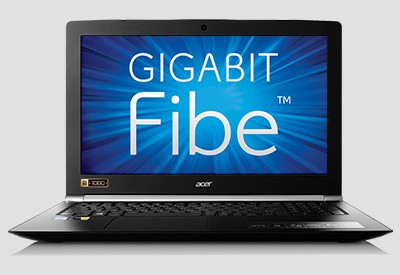 Bell today
Bell today 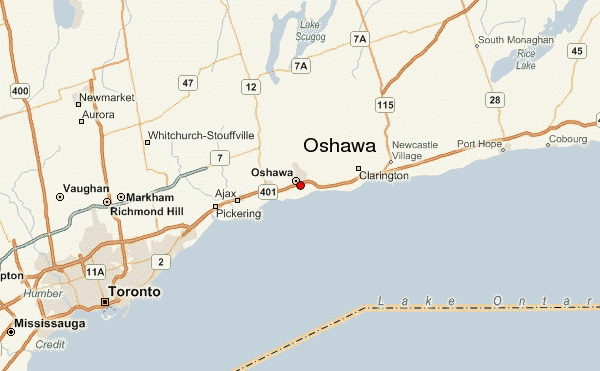 Bell’s network is currently capable of delivering up to 40 Gbps broadband speed, and is infinitely upgradable to even faster speeds in the future. Residents will be able to subscribe to the new service beginning this fall. New customers will pay $79.95 a month for gigabit speeds for the first year, $149.95 a month after that. A $59.95 installation fee also applies.
Bell’s network is currently capable of delivering up to 40 Gbps broadband speed, and is infinitely upgradable to even faster speeds in the future. Residents will be able to subscribe to the new service beginning this fall. New customers will pay $79.95 a month for gigabit speeds for the first year, $149.95 a month after that. A $59.95 installation fee also applies. Charter Communications’ takeover of Time Warner Cable and Bright House Networks has not proved popular, according to a new survey from Temkin Group.
Charter Communications’ takeover of Time Warner Cable and Bright House Networks has not proved popular, according to a new survey from Temkin Group.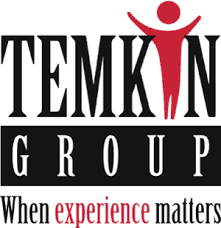 This marks the eighth year Temkin has published its Temkin Experience Ratings, generated from compiling the results of a survey of 10,000 U.S. consumers about their recent interactions with 318 significant U.S. companies. Temkin measures three dimensions of a customer’s experience:
This marks the eighth year Temkin has published its Temkin Experience Ratings, generated from compiling the results of a survey of 10,000 U.S. consumers about their recent interactions with 318 significant U.S. companies. Temkin measures three dimensions of a customer’s experience:
 Golisano’s Grand Oaks LLC of Pittsford, N.Y. promises customers the acquisition will not result in any changes in Greenlight’s rates or its terms and conditions.
Golisano’s Grand Oaks LLC of Pittsford, N.Y. promises customers the acquisition will not result in any changes in Greenlight’s rates or its terms and conditions.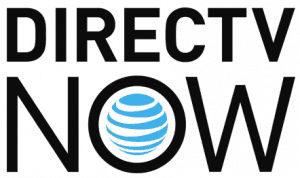 AT&T CEO Randall Stephenson today announced AT&T would offer a slim-sized version of DirecTV Now offering a significant number of cable networks and live local television stations, but without expensive sports programming.
AT&T CEO Randall Stephenson today announced AT&T would offer a slim-sized version of DirecTV Now offering a significant number of cable networks and live local television stations, but without expensive sports programming.